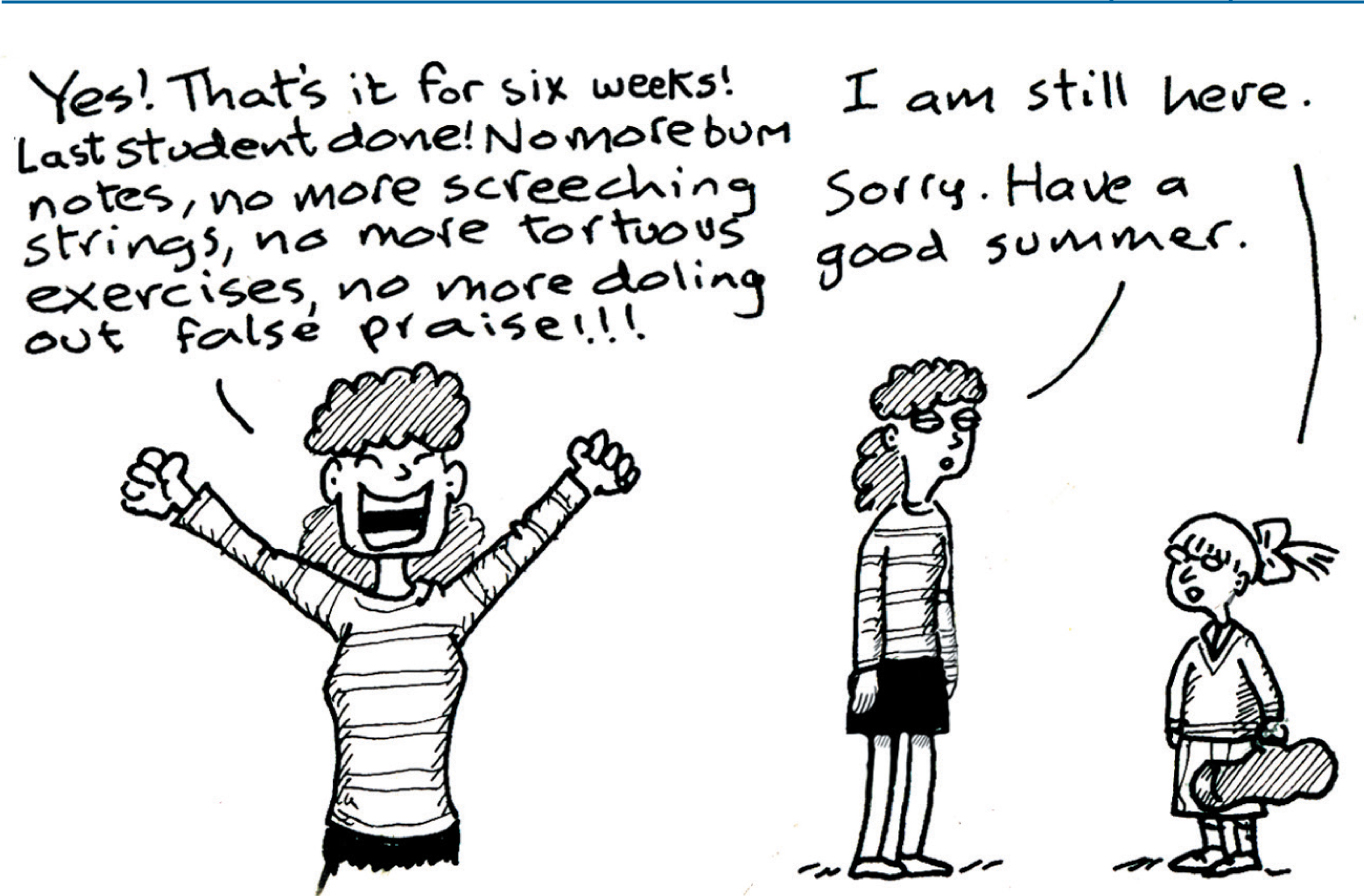
A matter of words
How we choose to describe things is important. Even more so is our choice of words when describing other people.
Creative United has an Inclusive Language Policy which is centred around putting people first and, importantly, using language and terminology that reflects how individuals, groups, cultures, and religions choose to talk about themselves, rather than categories and labels imposed by others.
For this reason, we like to avoid using acronyms like ‘SEND’ and ‘BAME’ to describe groups of individuals who rarely identify with or use these terms to describe themselves.
However, we also recognise that the use of the term SEND remains widely used within the education sector, social services and other government departments and so, from time to time, we may use it in a limited way to ensure communications are understood within that context. Even then, we prefer to use the long form description: People with special educational needs or disabilities.
Changing a language convention takes time, but taking a person-centred approach can be an effective first step in starting to think differently about the use of terminology in relation to diverse individuals and communities.
Mary-Alice Stack, CEO, Creative United
Editor's response
I feel very grateful to have received this letter. The focus of this issue of MT is termed ‘SEND’, but I am fully committed to learning from, and in turn acting upon, the expertise of disabled people and organisations that work with and represent them. At MT we strive to exist at the forefront of music education, and we do and will always carefully consider how we use terminology to best reflect the communities that we serve.
Harriet Clifford, editor
Are you game?
I am very excited to introduce you and the readers of MT to our research project and new app, TunyStones Piano. I am passionate about music education and, as a piano teacher, I have always strived to inspire and motivate my pupils. However, as I am sure many of my colleagues will identify with, many children struggle with the initial learning of notation reading, perceiving it as sometimes arduous and difficult. As I contemplated how best to help my pupils face this challenge, I had the idea of somehow transforming the process of music reading into a game. I have been lucky enough to turn my vision into reality and today, the TunyStones Piano App offers music teachers and students a playful, nonverbal method for music reading.
TunyStones contains a sophisticated algorithm that recognises real acoustic piano sounds, which move Tuny – the game character – automatically corresponding to the played tones. Little stones represent notes, and the stave is turned into a river surrounded by a mountain landscape. Tuny jumps along a river from one stone to another. But finding the notes is often hard and Tuny – in his smart concert costume – may fall into the water instead of landing on the stone. Not to worry, there is always another chance!
The game does not require any previous knowledge and a rough orientation about the notation system is given through the ‘improvisation levels’. Next comes an introduction to musical intervals within popular melodies and little ‘reading-etudes’. Finally, you can compose with TunyStones and create your own melodies. But beware: Tuny will make an appearance and must master your own compositions, including all the leaps from stone to stone. The learning process thus transcends simple music reading and composition; it nurtures creativity and provides a unique form of feedback and self-assessment.
I would suggest using TunyStones towards the end of a lesson and during independent practice – the app has proved very popular with children aged 5+ and can easily refresh the mind and motivate children to overcome cognitive hurdles. For now, the app is available in the App Store for iOS tablets (iPads), and it is free for all piano teachers. Pupils and parents can try the app for free and choose between a monthly or semi-annual subscription. There are plans ahead for Android and other instruments.
Many parents, pupils and, most importantly, teachers, have influenced the app's development during our research project at Hochschule für Musik FHNW Basel. TunyStones is brand new on the market and I would be very curious to know MT readers’ opinions and ideas!
Jan Gazdzicki, tunystones.com
THE PERIS by Harry Venning









